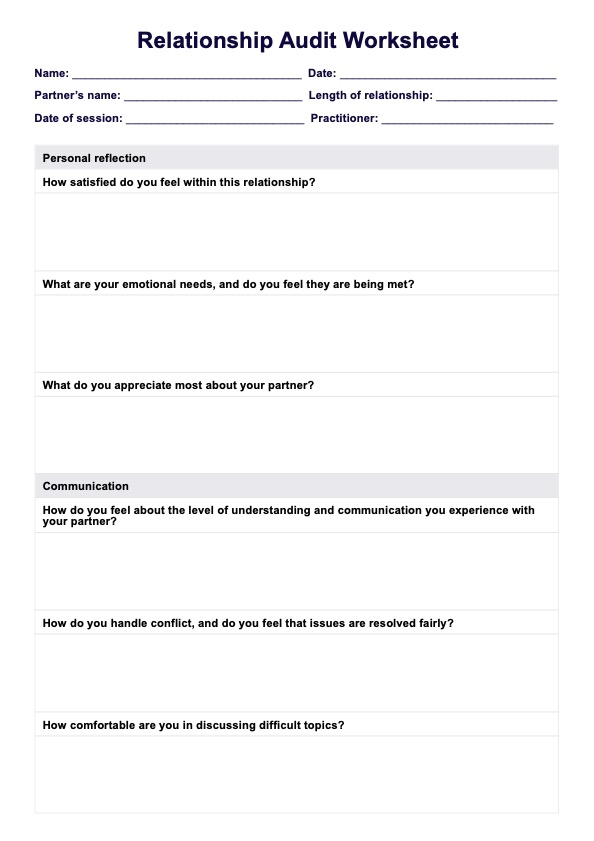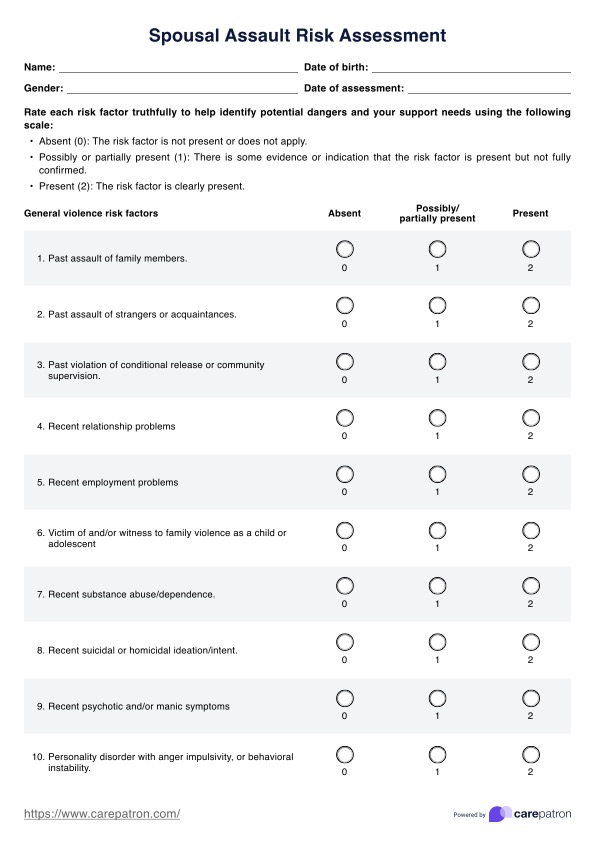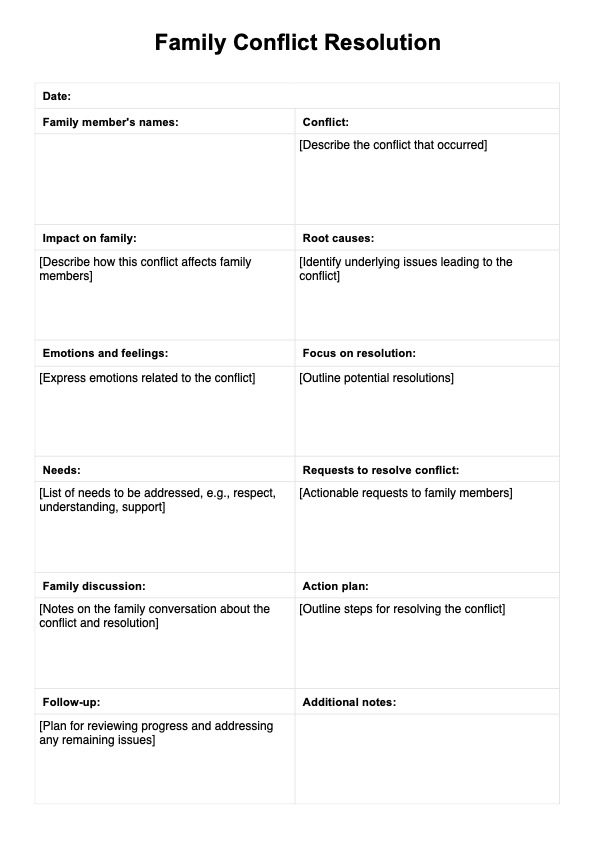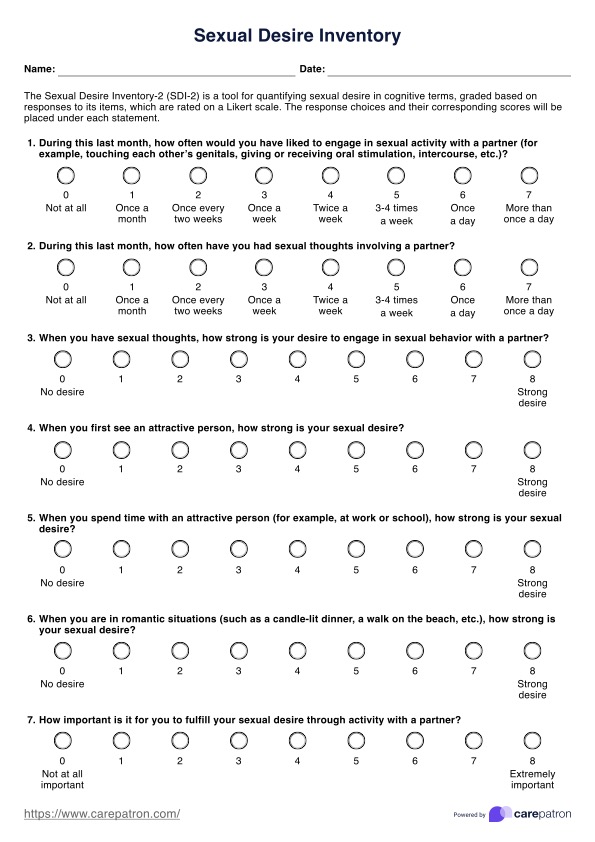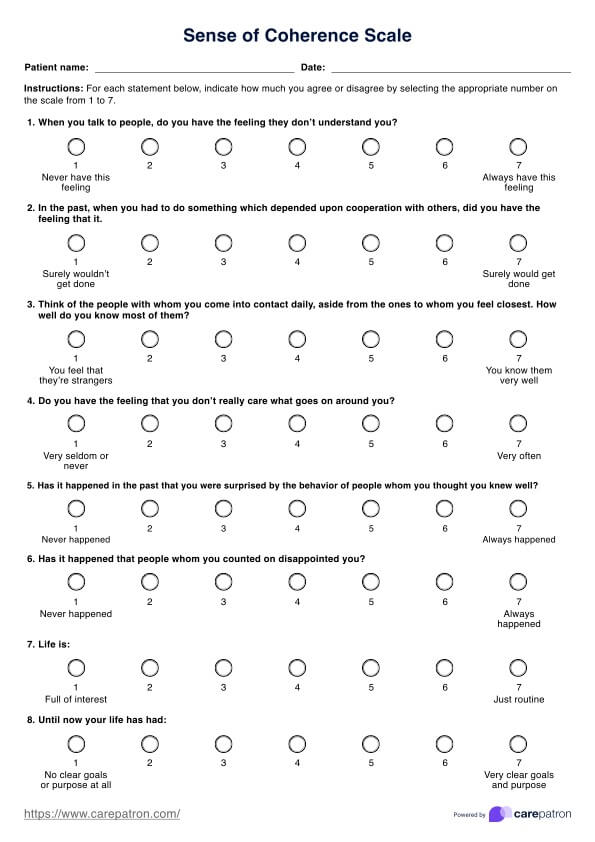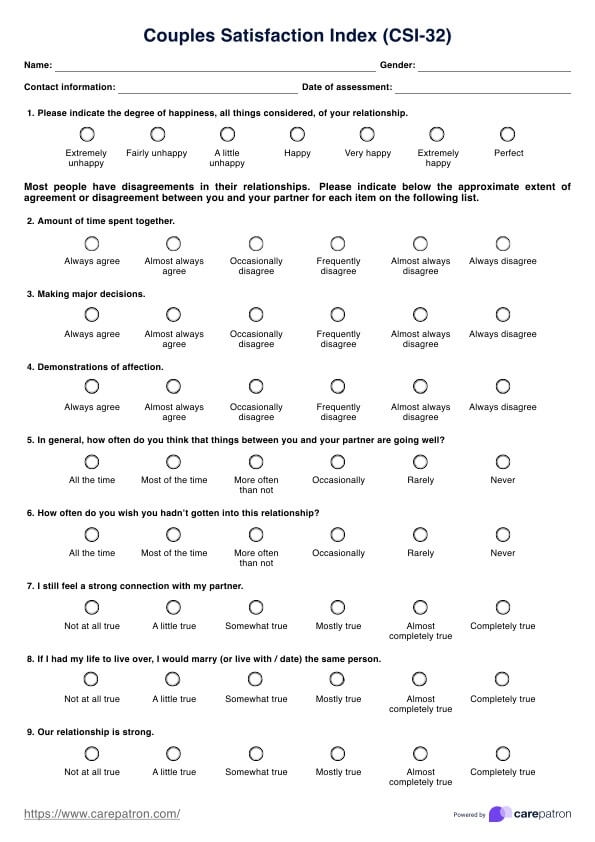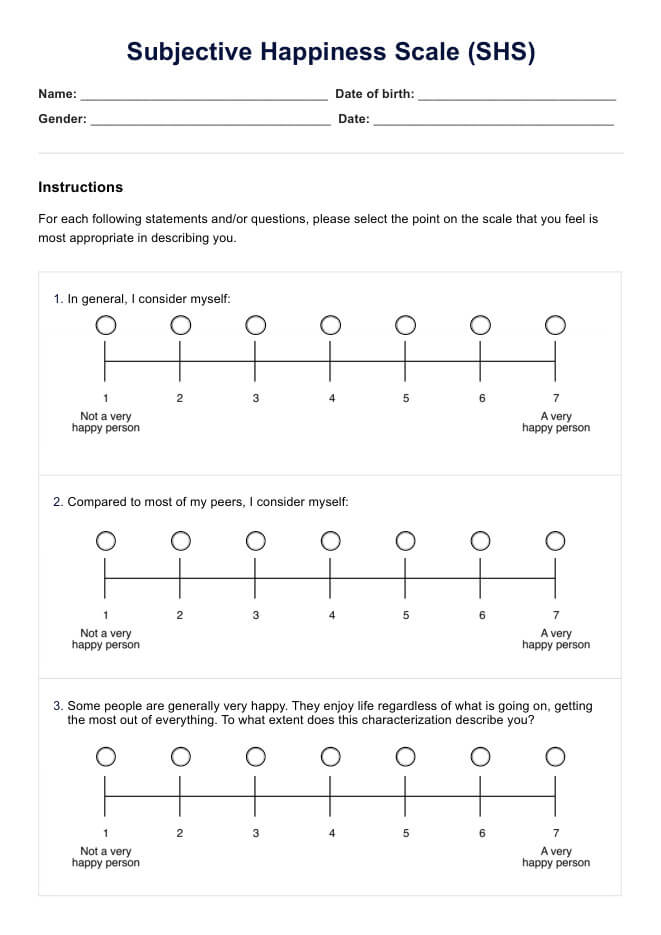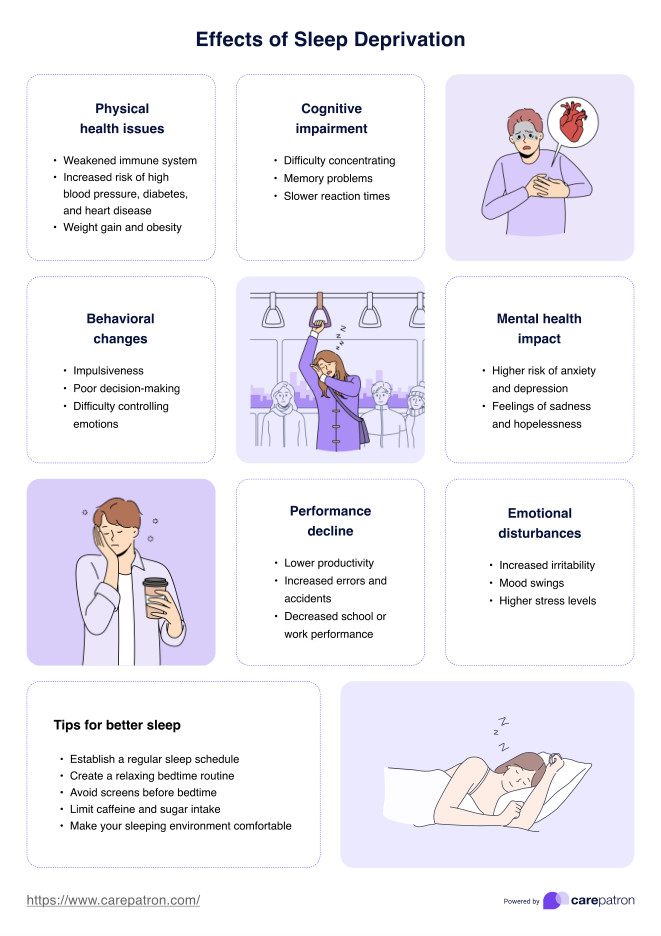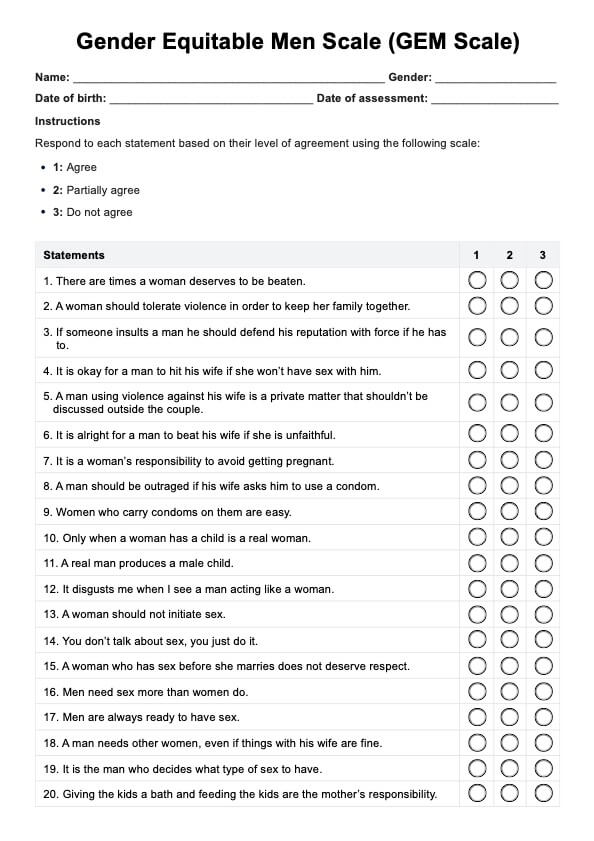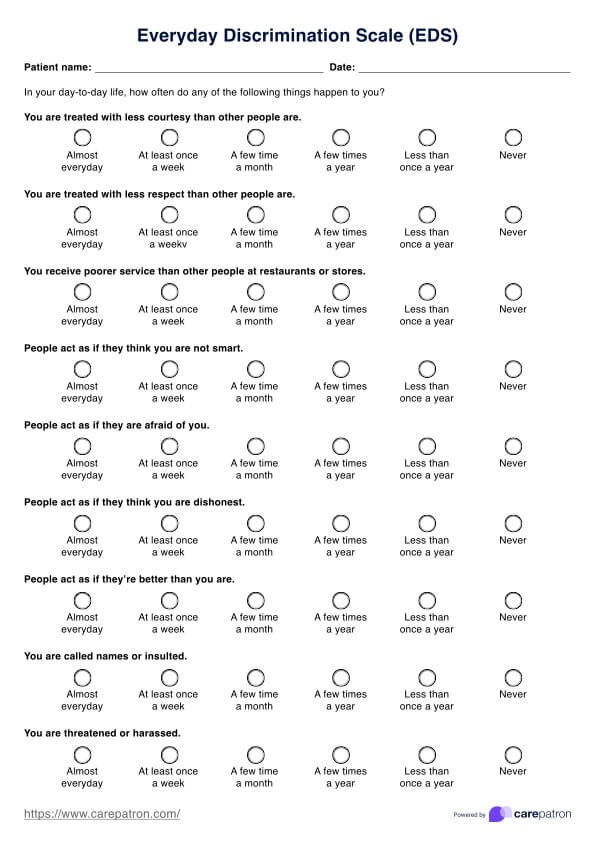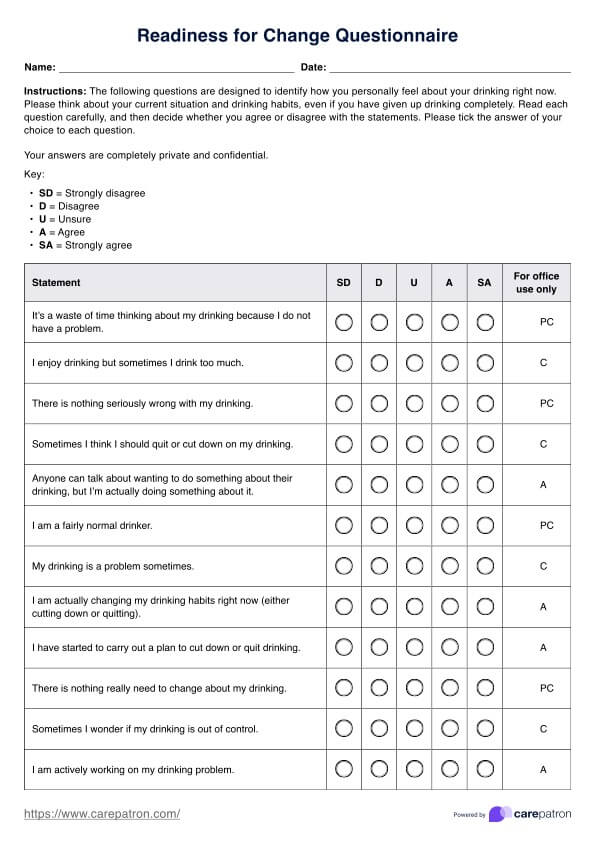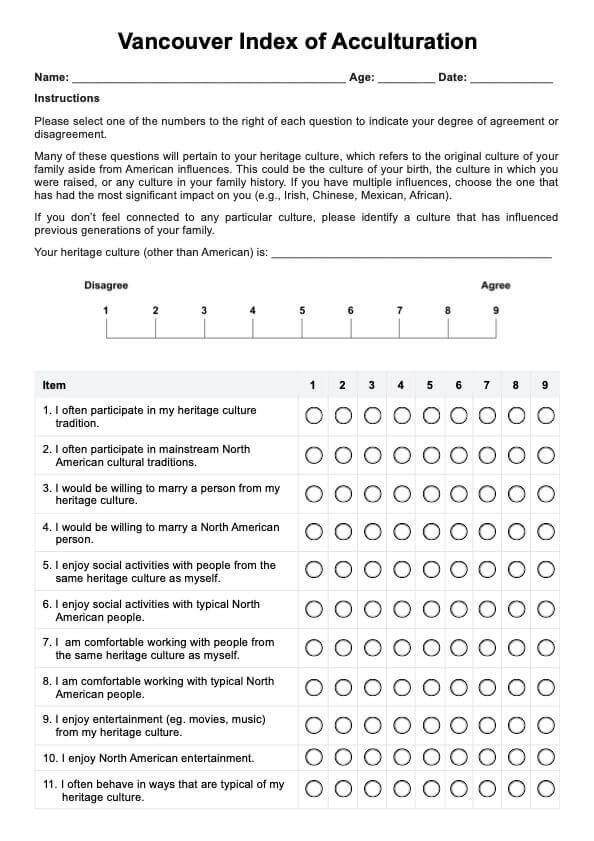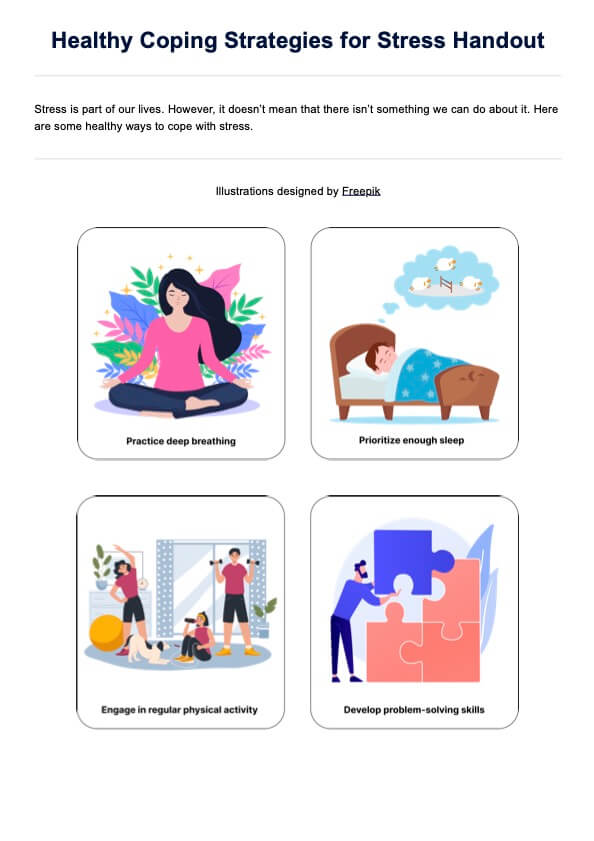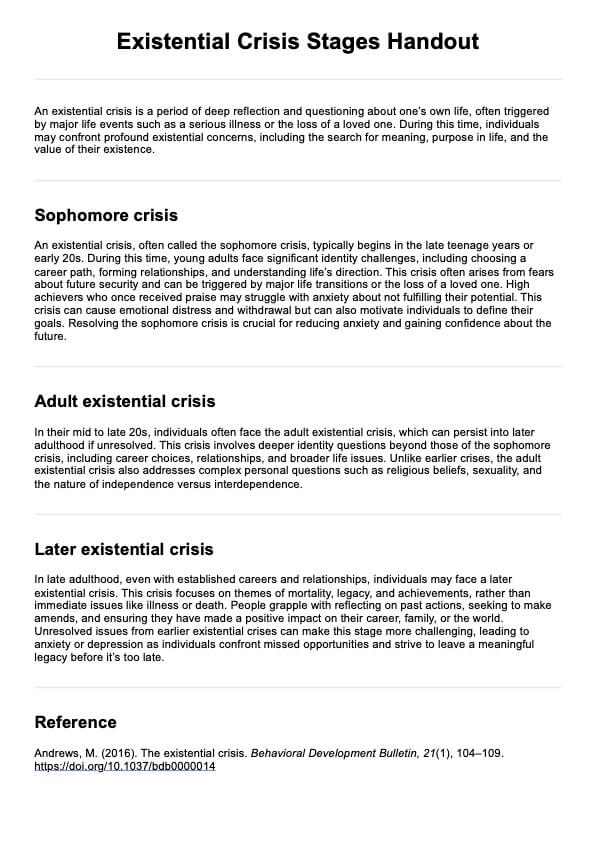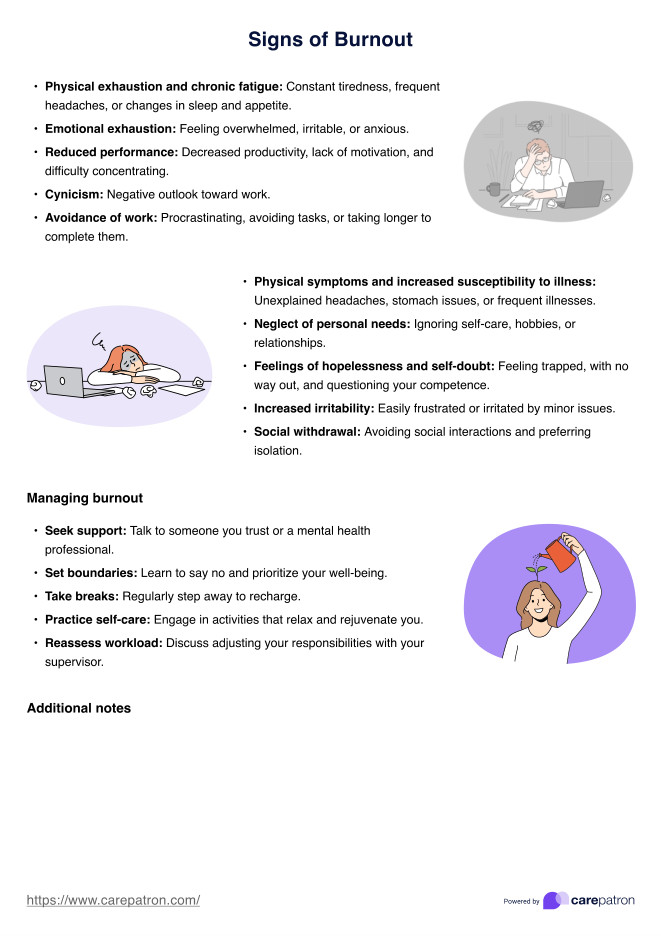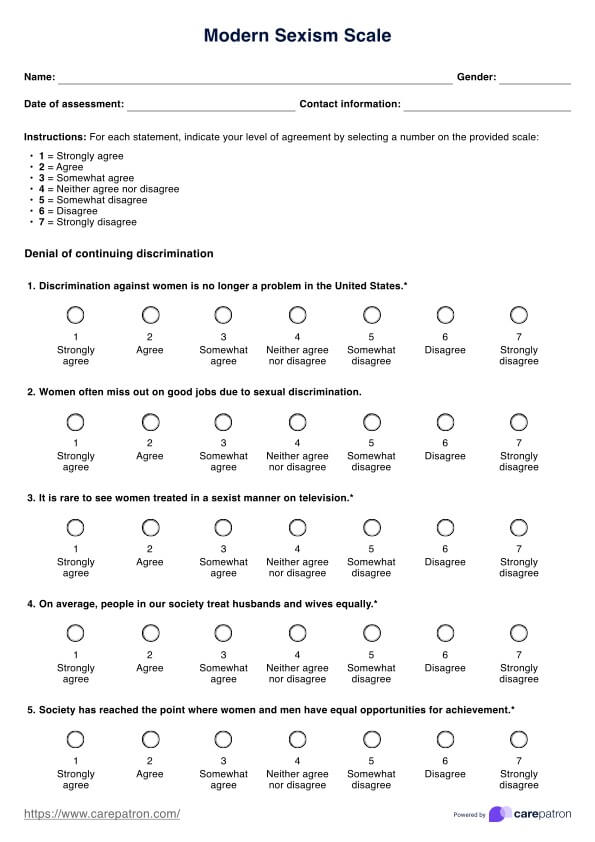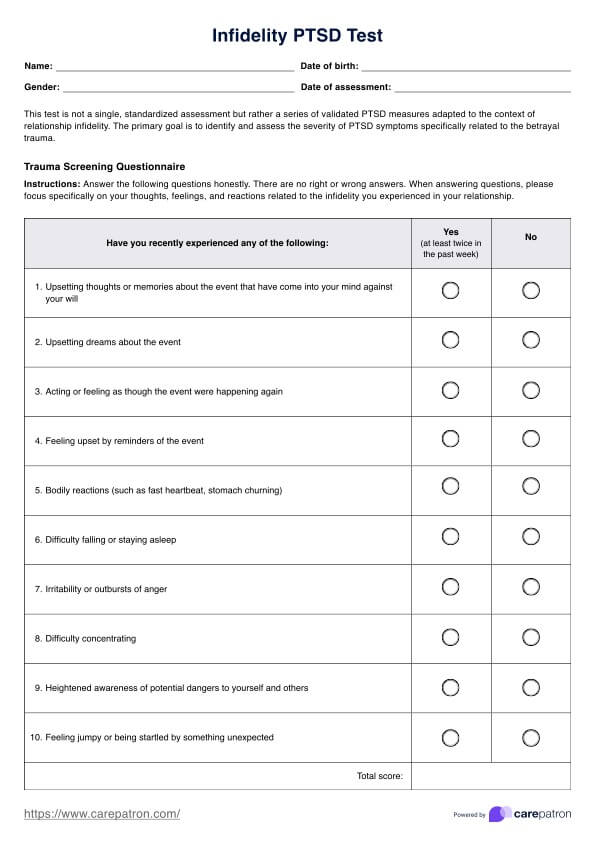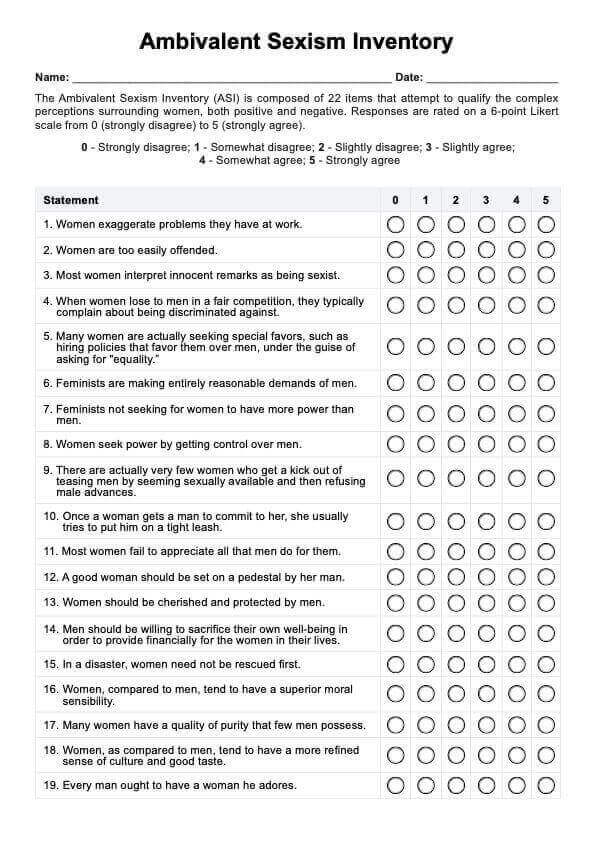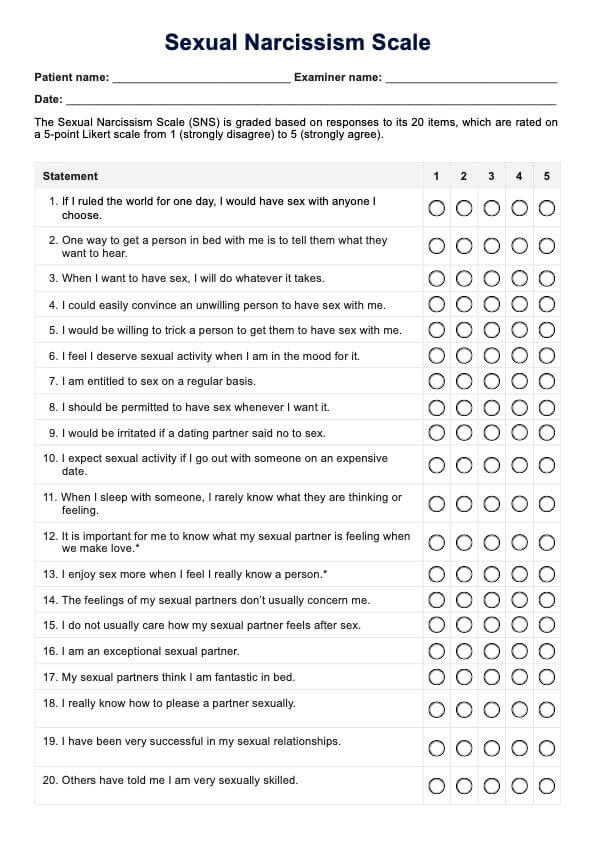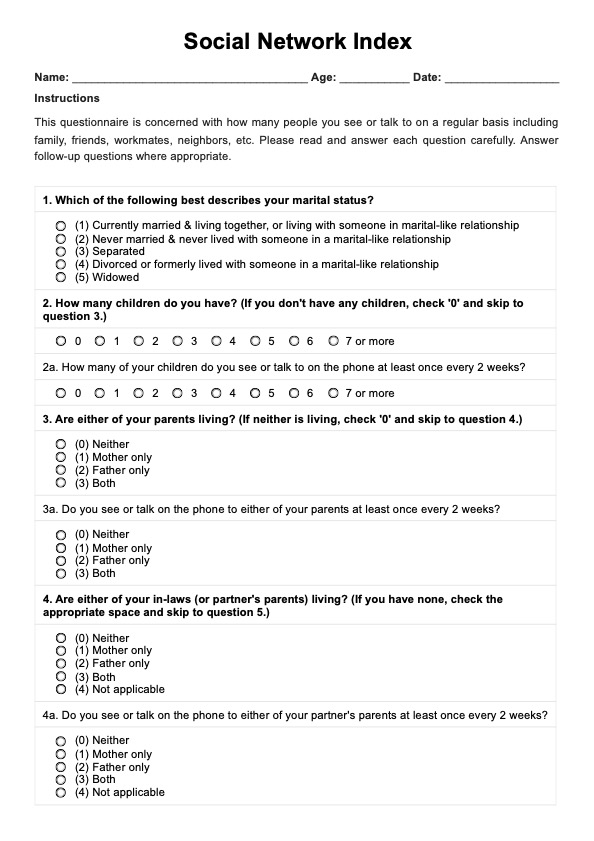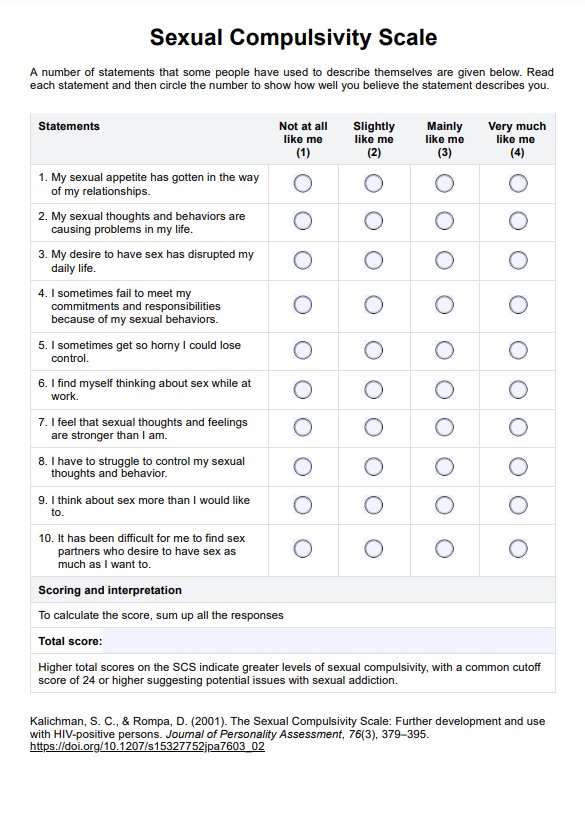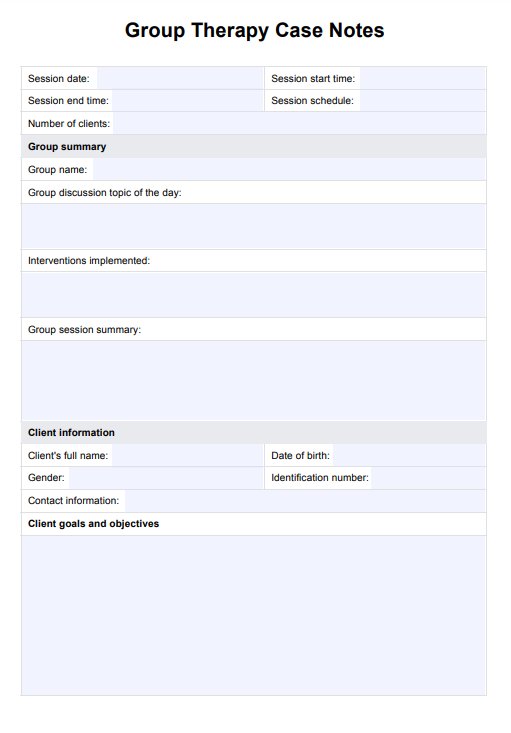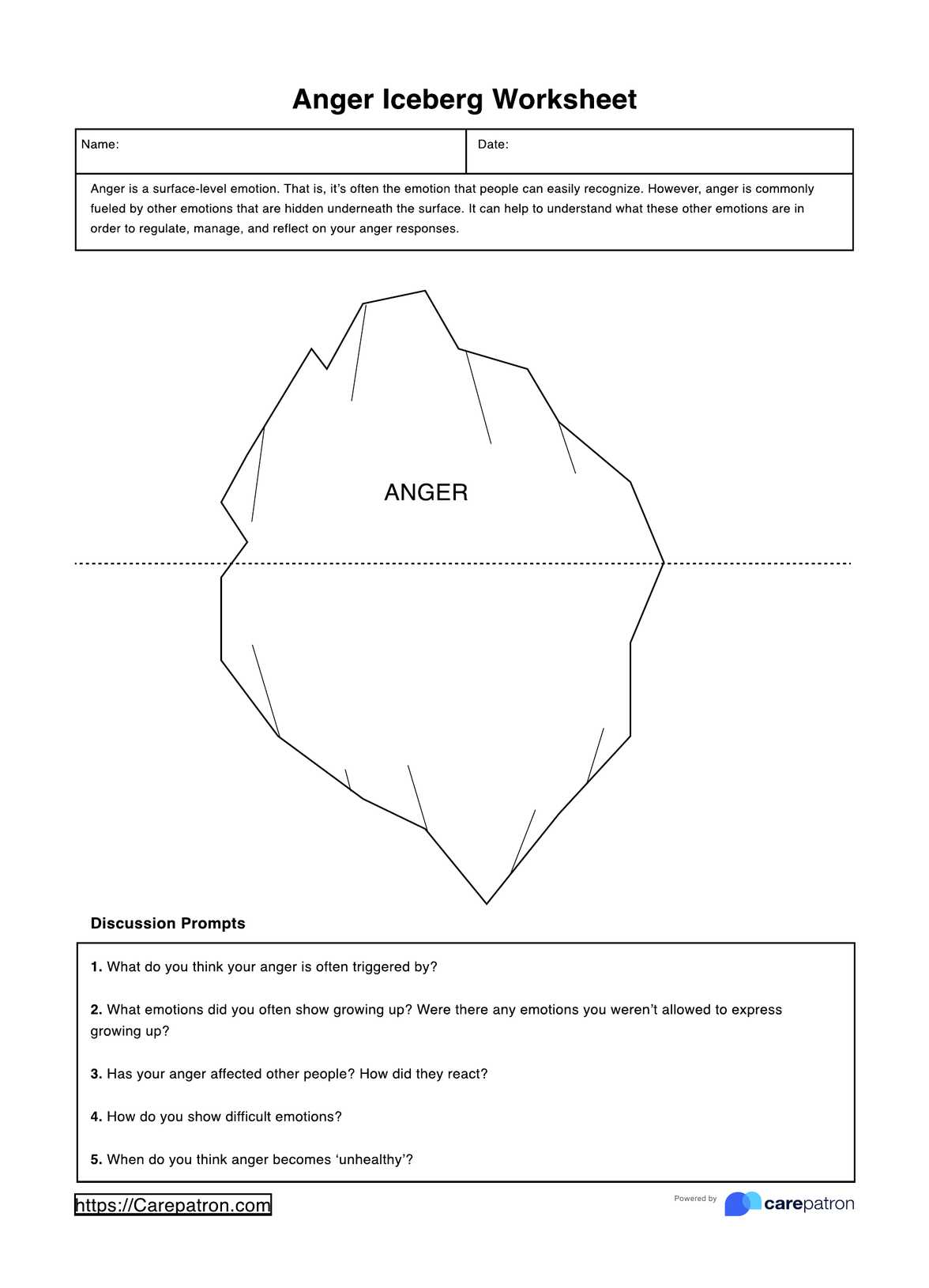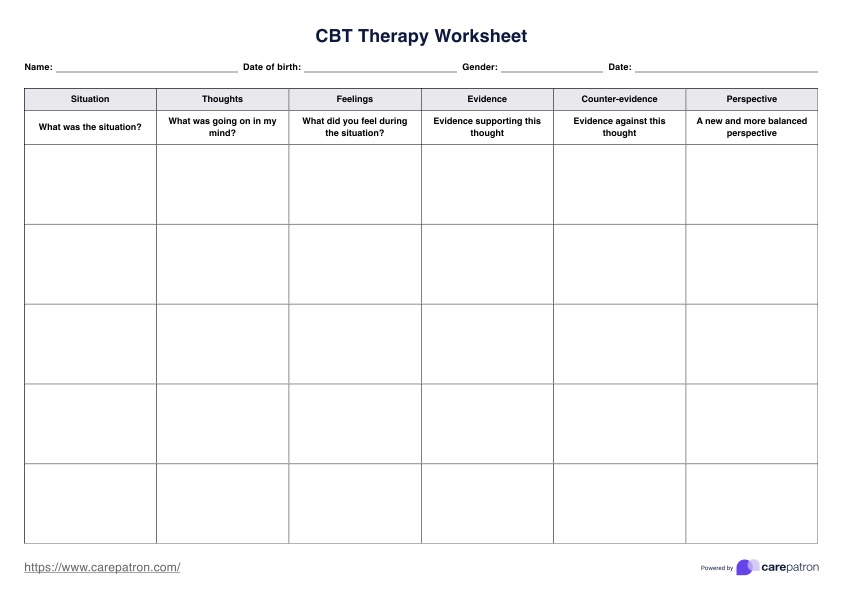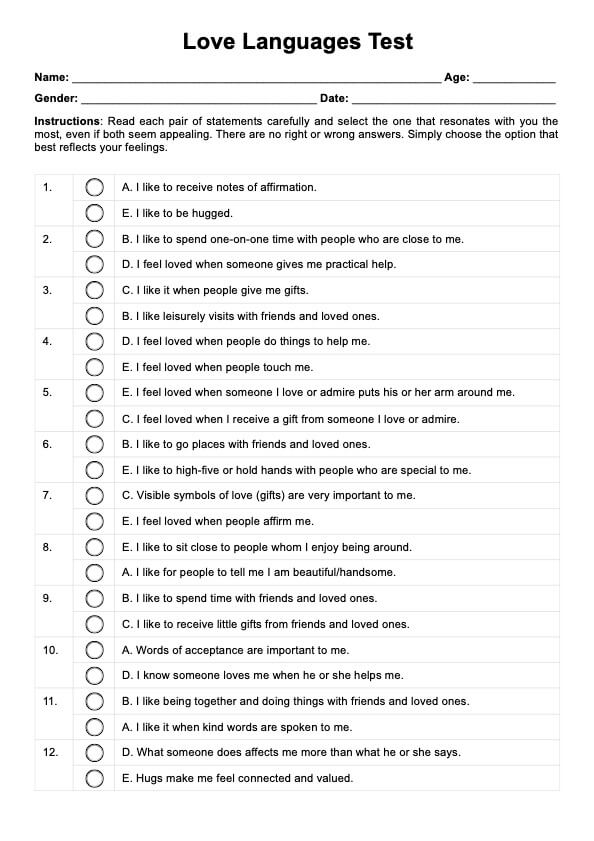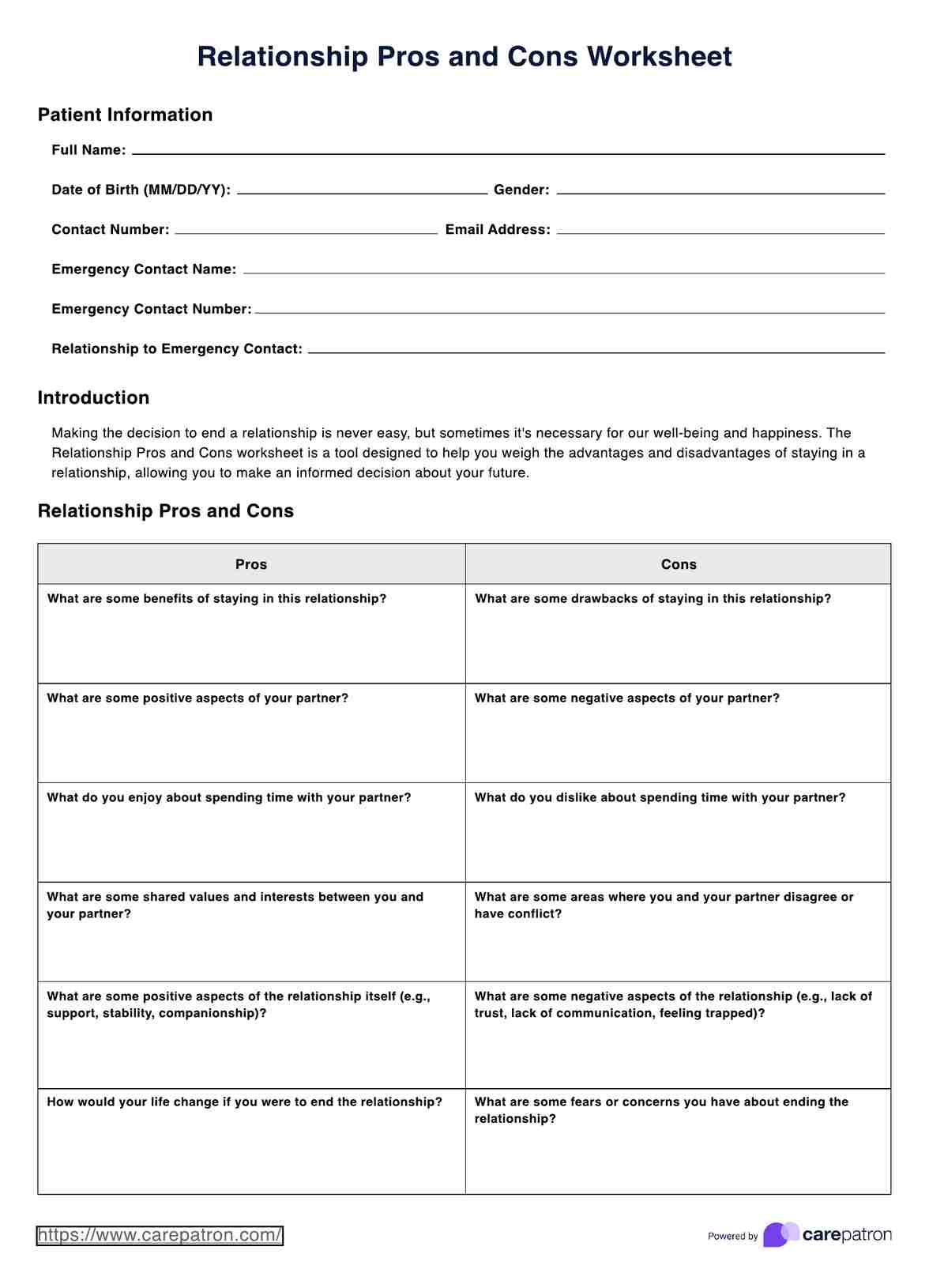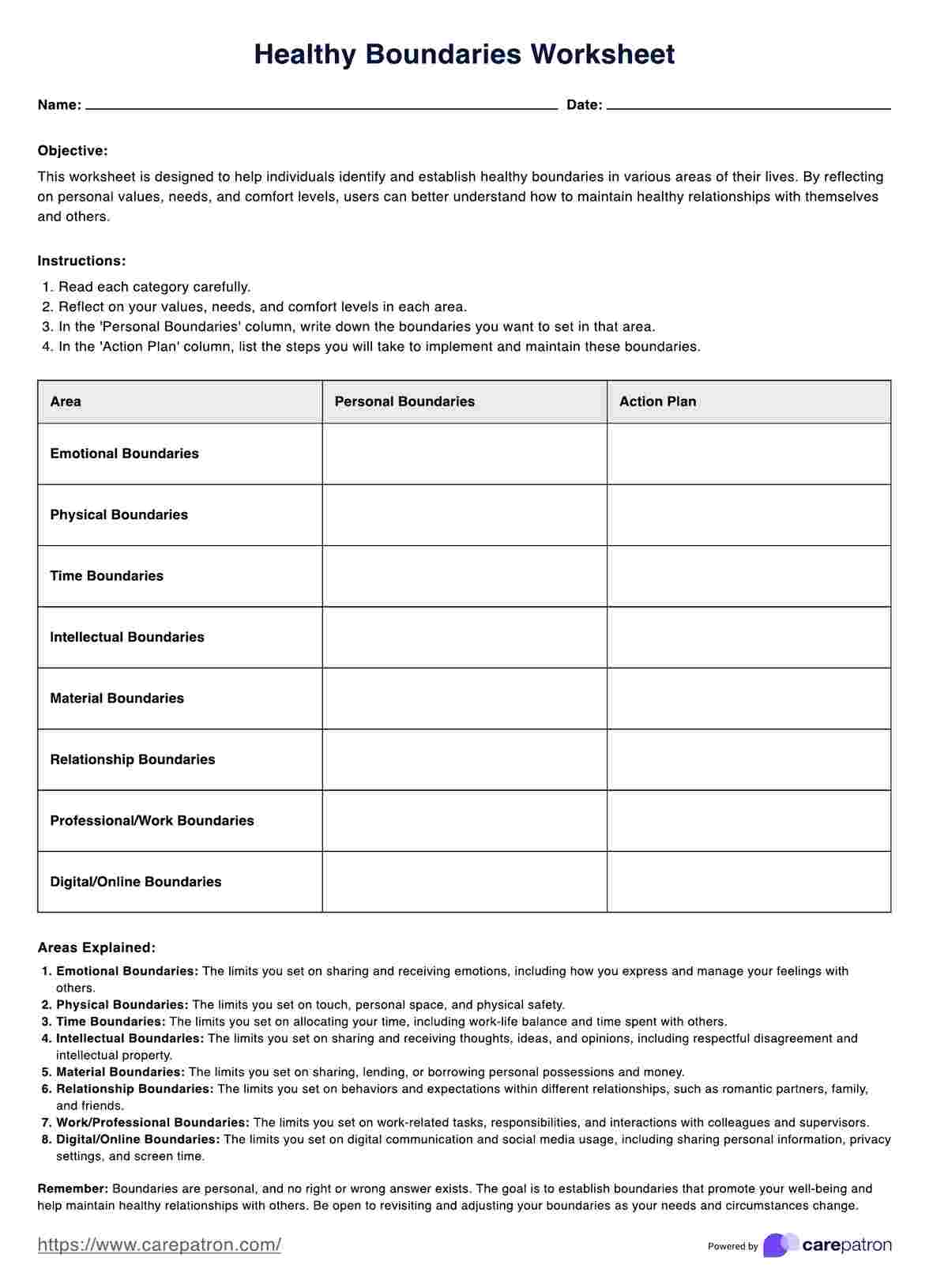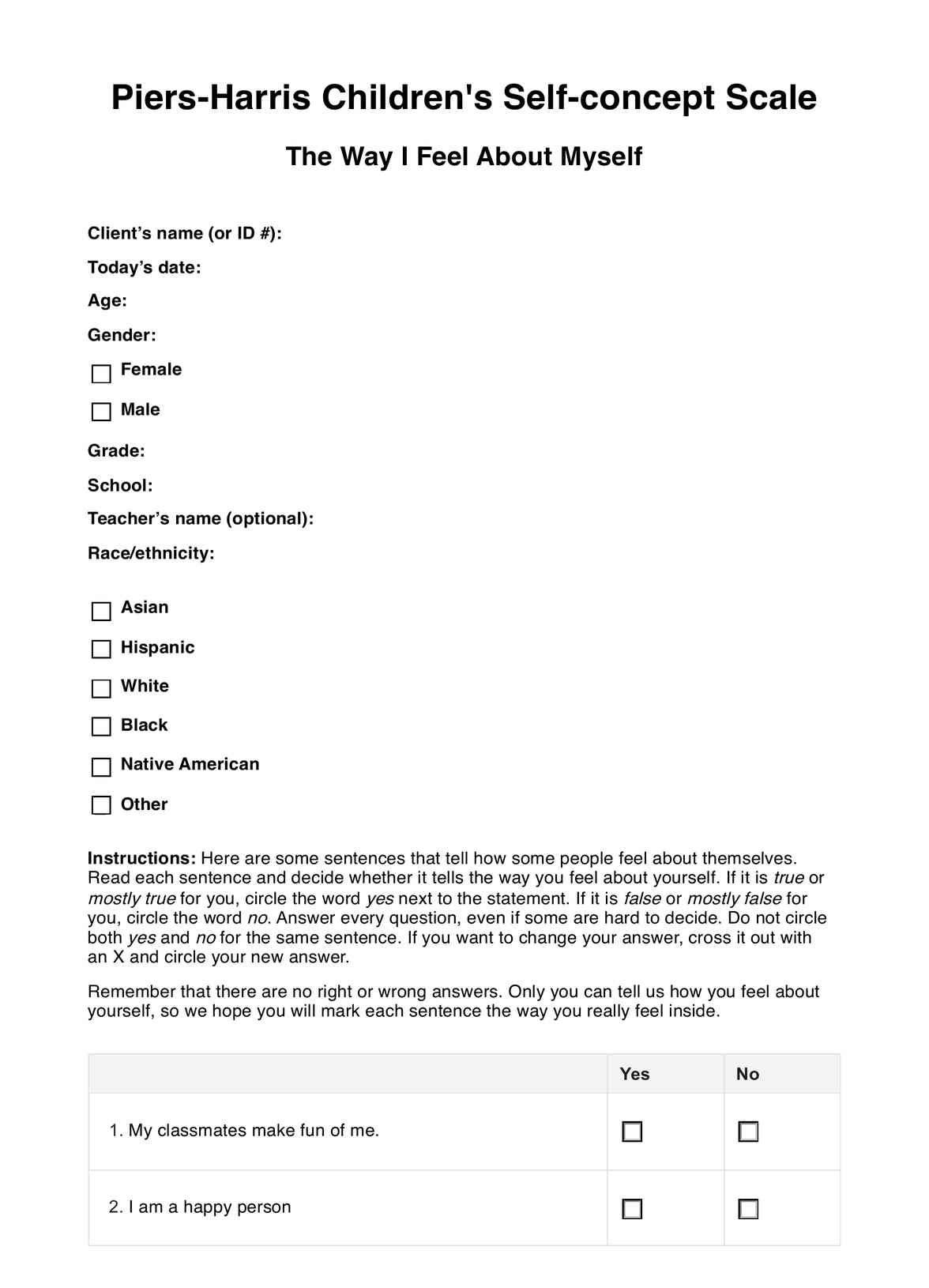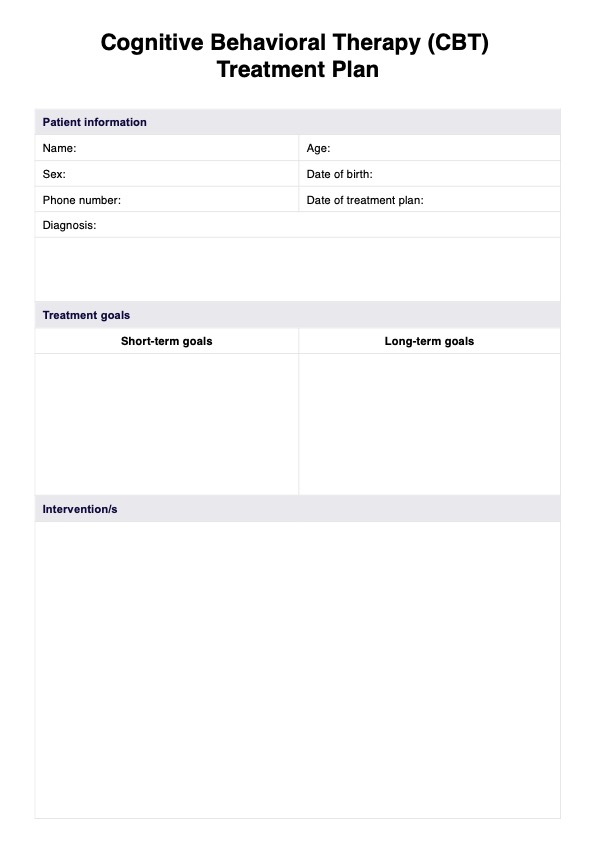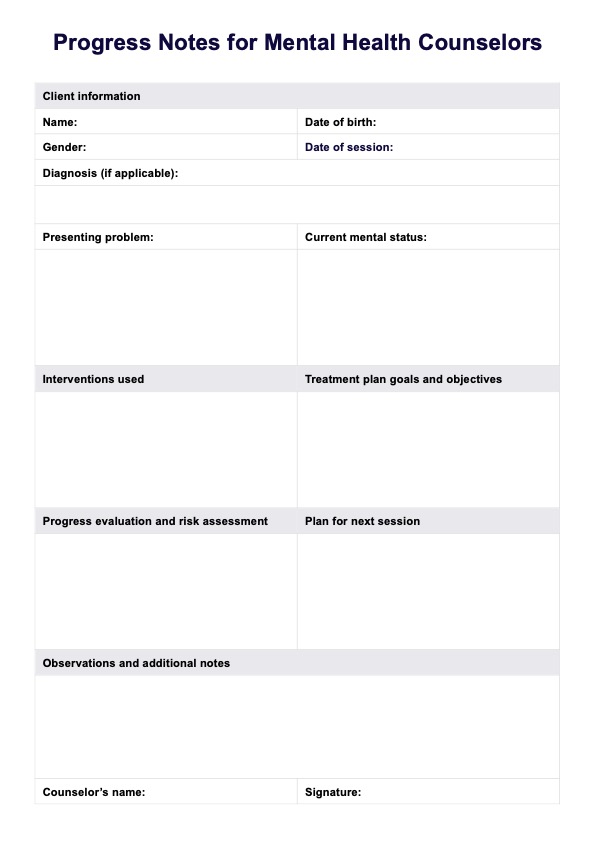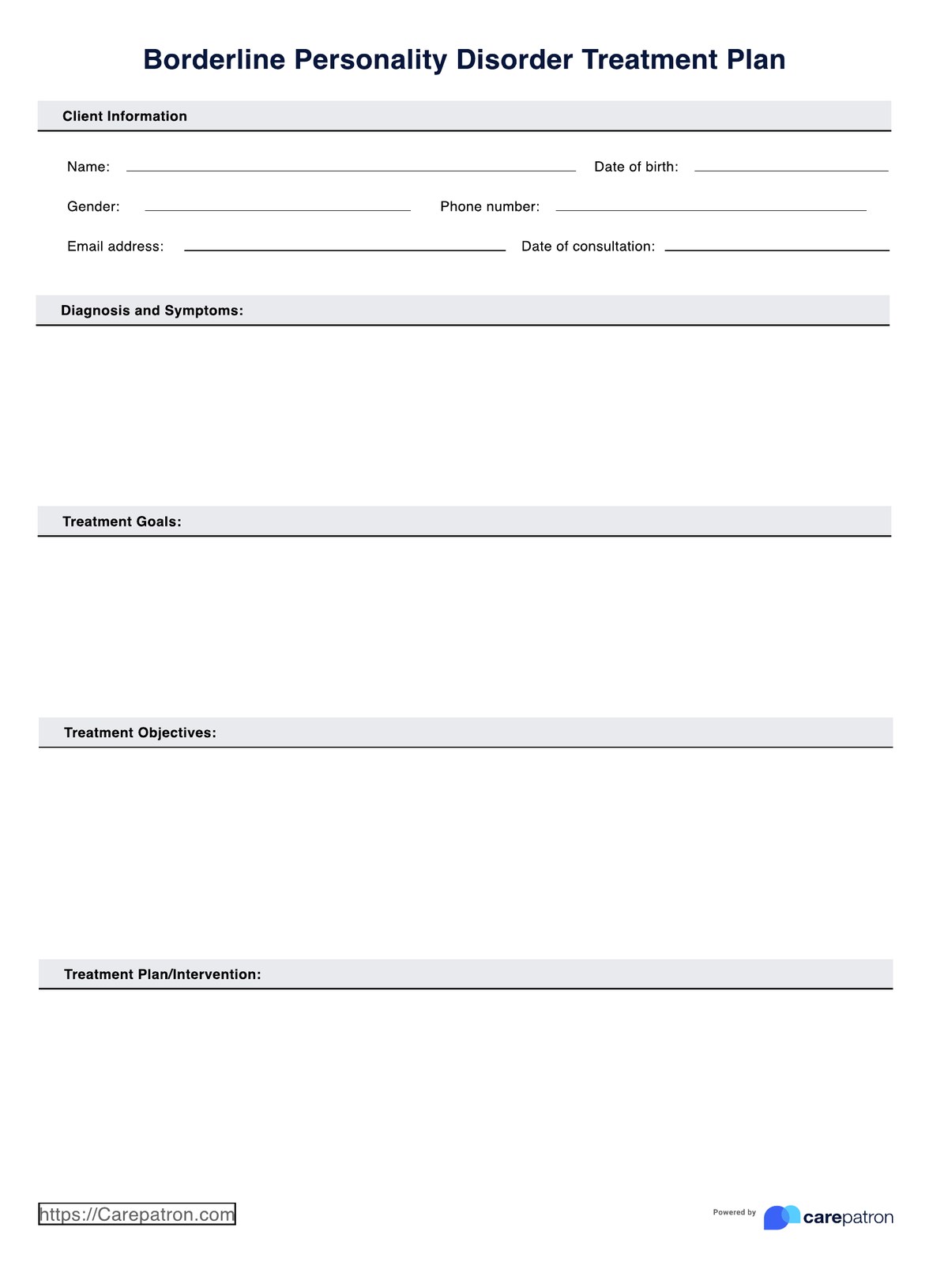Imago Therapy Worksheets
Decipher how your clients' childhood frustrations and relationships with their caregivers impact their behavior in their romantic relationships in later life using our Imago Therapy Worksheet, adapted from the work of Hendrix and Hunt.


What Is An Imago Therapy Worksheet?
Imago Relationship Therapy, from the latin for image, is based on the idea that our childhood relationships and frustrations shape much of our later life; including our romantic relationships. Founded by Dr. Harville Hendrix and Dr. Helen LaKelly Hunt, this type of relationship therapy focuses on understanding your personal “imago” or the hidden agenda you bring to all your relationships as a result of your childhood frustrations and relationships with your caregivers.
While the Imago relationship theory is very broad and many books have been written on the subject, this Imago Therapy Worksheet is designed for those with little to no experience with the theory, to incorporate Imago principles into their relationship counseling.
This worksheet can be completed by your client independently and is a useful tool to help them reflect on how their relationship is impacted, however unconsciously, by our past relationships and frustrations.
Imago Therapy Worksheets Template
Imago Therapy Worksheets Example
How To Use This Worksheet For Imago Therapy
Just follow this simple step-by-step guide to start offering your clients this Imago Therapy Worksheet. While it is simple to start incorporating this worksheet into your practice, each activity should be completed according to the below guidelines in order to ensure your clients are getting the most out of this resource.
Step One. Download the Worksheet
The first step is to download the Imago Therapy worksheet, which you can do using the PDF download link on this page. You can also find this worksheet, and many other handy resources, from within Carepatron’s template library.
Step Two. Provide to your Client(s) with an Explanation of Activities
The next step is to provide a copy of the worksheet to your clients with an explanation of how each activity should be completed, which you can find here:
Exercise 1 - this activity is for your client to list the positive and negative characteristics of their childhood caregivers. This may include their parents, guardians, or other family members.
Exercise 2 - your client should fill in the table with memories of frustrations they felt during childhood, how they felt at the time, how they responded, and the underlying unmet desire causing the childhood frustration. See our Imago Therapy Worksheet example below for ideas of the sorts of things you client could include in this section
Exercise 3 - this activity is similar to Exercise 1, but about their current romantic partner.
Exercise 4 - the relationship vision is for sentences describing your client’s ideal relationship. These should be written as though your client is already in their dream relationship, such as “we trust each other” or “we spend time together on the weekends”. Both members of the couple should aim for about 10 of these sentences each.
Exercise 5 - finally, your clients should fill out the “summing it up” section with keywords from each of the sections of the worksheet labelled (A) through (E).
Step Three. Review their Responses
Now’s when your clients can come together and share their responses, in particular, their results from exercise 5. Additionally, sharing their relationship visions with each other is a hugely important process and they should endeavor to create a joint list of a shared relationship vision taking statements from both of their individual relationship visions.
Step Four. Store the Worksheets Securely
The last step of using this worksheet is to ensure you store the document securely, if your clients choose to return it to you.
Who Can Use this Printable Imago Therapy Worksheet (PDF)?
Part of the beauty of this worksheet is that you do not need particular training in Imago Therapy in order to incorporate the principles behind this resource into your clinical practice. This means that any relationship practitioners who work with either couples or clients in relationships can benefit from offering this Imago Therapy Worksheet.
That being said, this worksheet does require your clients to recall childhood frustrations and their relationships with their childhood caregivers, and for this reason, it may not be helpful for clients with significant childhood trauma. Clients who may benefit more from this resource are couples struggling to understand each other’s point of view, or clients who want to better understand why they act the way they do in their relationships.
Some of the specific professionals who may find this worksheet particularly useful are:
- Relationship counselors
- Psychotherapists
- Marriage counselors
- Clinical psychologists
- Relationship coaches or mentors
- Life coaches
Along with many others, including all types of mental health practitioners and coaches.
Why Is This Form Useful For Therapists
Save Time
This worksheet, along with all of Carepatron’s resources, is designed to save you time. You don’t need to worry about creating exercises or formatting templates for your clients, it’s all been done for you. All your clients need to do is fill in the blanks.
Incorporate New Ideas
By incorporating ideas from Imago relationship therapy, you will expand your client’s understanding of how their life experiences can unconsciously inform their future decisions. This worksheet allows you to introduce these new ideas in an interactive and clearly formatted way.
Provide work for between sessions
Different therapists will have different preferences around how much “homework” they assign, but for those that want to help their clients to maintain the work on their relationships between sessions- this worksheet can be a great help.

Benefits of Imago Therapy Worksheet PDF
No Specialist Experience Needed
One of the biggest benefits of this Imago Therapy Worksheet is that it can be used by all kinds of mental health or relationship counselors, regardless of if they are familiar with the wider ideas of Imago relationship theory. This worksheet can be a standalone tool for your clients who are interested in exploring how their childhood experiences have shaped their present relationship(s).
Includes Relationship Vision
This worksheet includes a total of five exercises, the fourth of which involves your client looking to their ideal future and envisioning the relationship of their dreams. This activity is an added benefit of this worksheet, as it incorporates a future-thinking aspect amongst the reflective tasks from exercises 1-3.
Work through Childhood Frustrations
This worksheet helps your clients to look at the bigger picture when it comes to their relationships. One of the benefits of this worksheet is that as well as thinking about their present romantic partner, they can also work through childhood frustrations and better understand themselves.
Keep it Digital
A relationship therapy worksheet like our Imago Therapy Worksheet is not something your clients want to leave lying around, and so it will be hugely beneficial to utilize the interactive PDF features of this worksheet and keep it entirely digital. This means you can share the worksheet, get it back, and discuss your client’s responses all without needing access to a printer!
Stay Organized
Finally, this worksheet incorporates five different exercises into one easy-to-fill-in PDF worksheet, meaning you and your clients don’t need to keep track of countless pieces of paper or documents. This will have knock-on effects for keeping your client’s records organized, and save you time filing multiple worksheets!
Commonly asked questions
This worksheet should be completed by couples seeking some form of relationship counseling. While it will be most effective if both members of the relationship complete the worksheet, this worksheet could also be completed by one member in order to better understand their own “hidden agenda”.
Imago Relationship Therapy or IRT is a type of therapy developed by Harville Hendrix and Helen Hunt, and popularized following the publication of the book “Getting the Love You Want” (1988). The fundamental principle of IRT is that our childhood relationships and frustrations with those that cared for us, such as parents, family members, or guardians, underpin the features we seek in our romantic relationships later in life. As such, by understanding our childhood frustrations, we can better understand why we react the way we do in certain situations, or why we seek out romantic partners with certain positive and negative traits.
The activities in this Imago Therapy Worksheet should be completed somewhere quiet and private, and by each member of the couple independently. This will help to prevent either of them from being influenced and improve their honesty in their completion of the exercises.


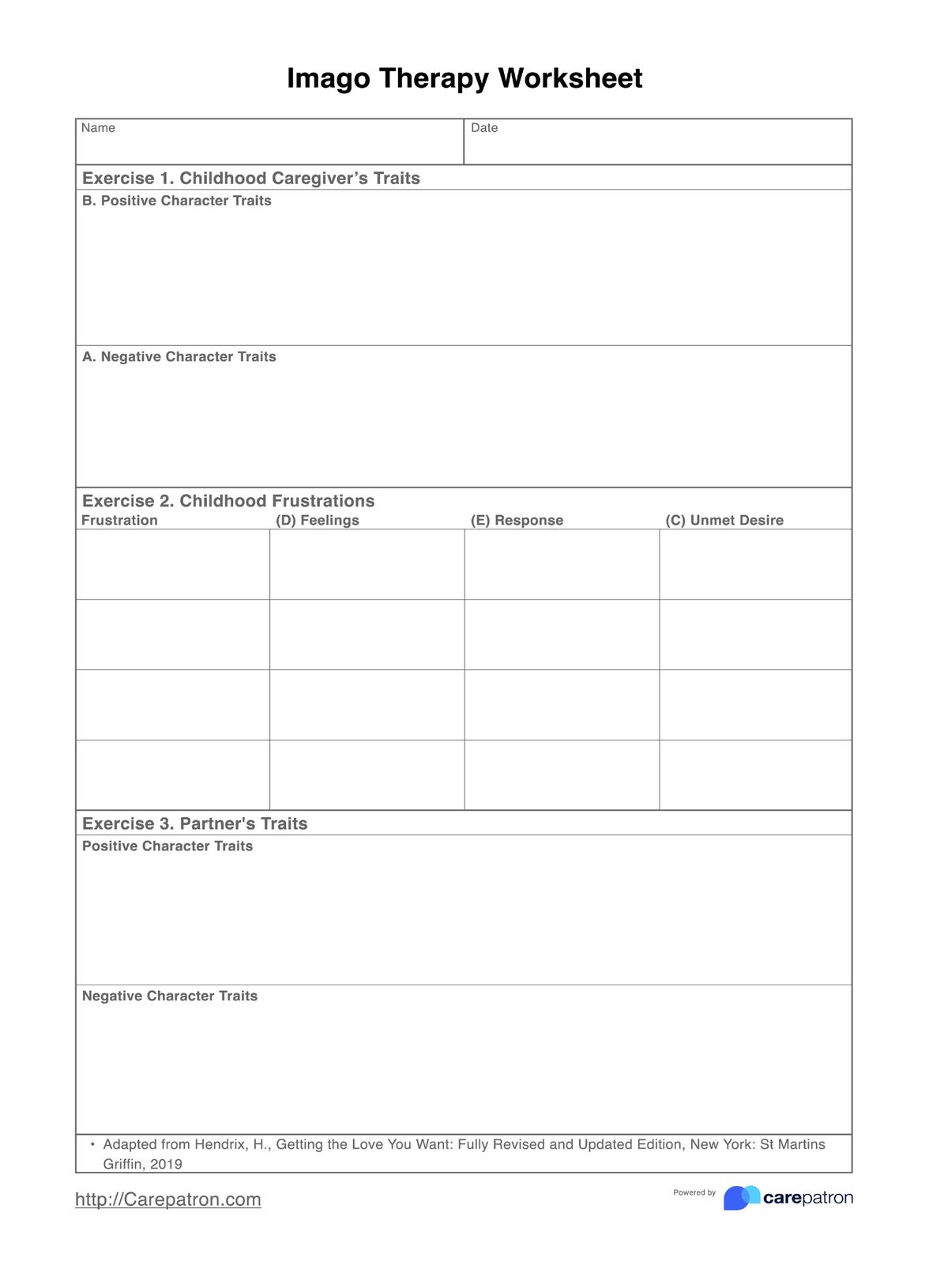
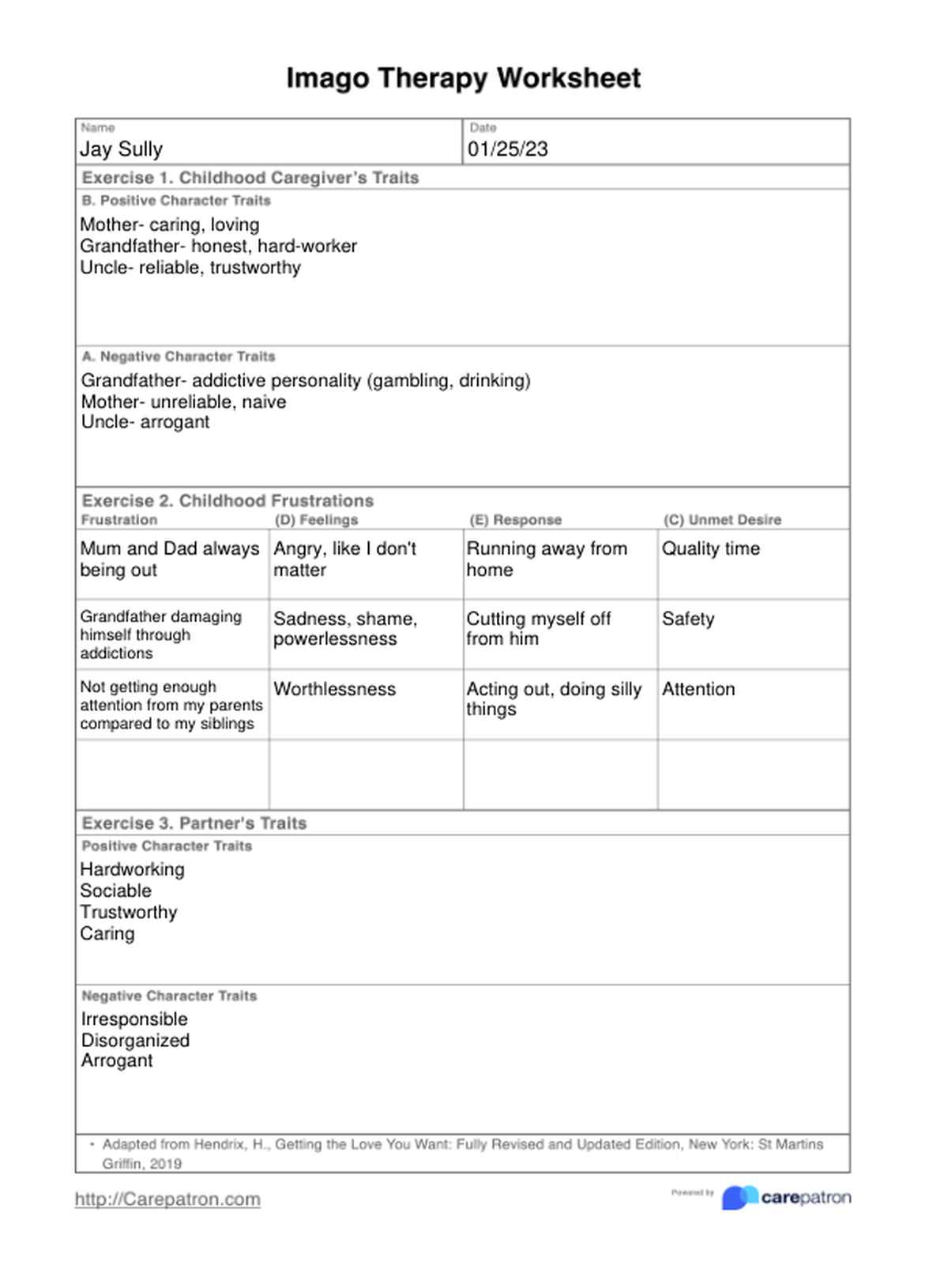

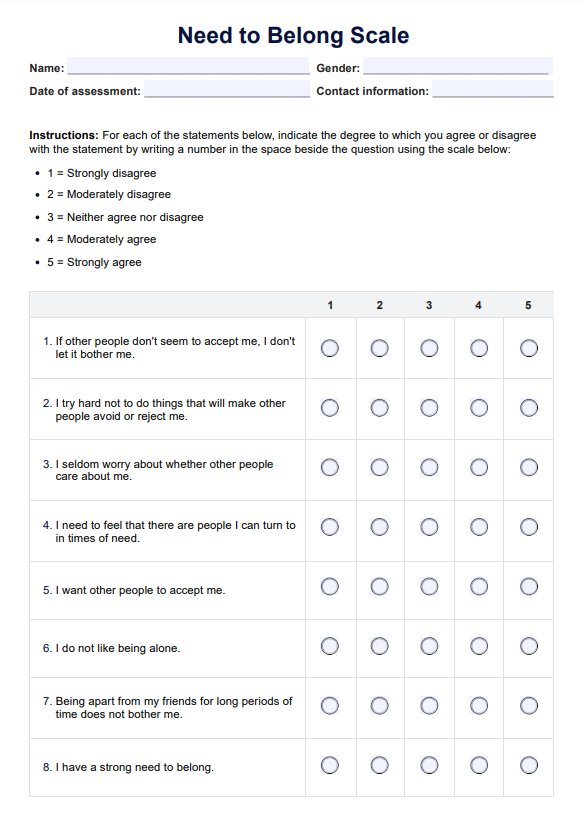
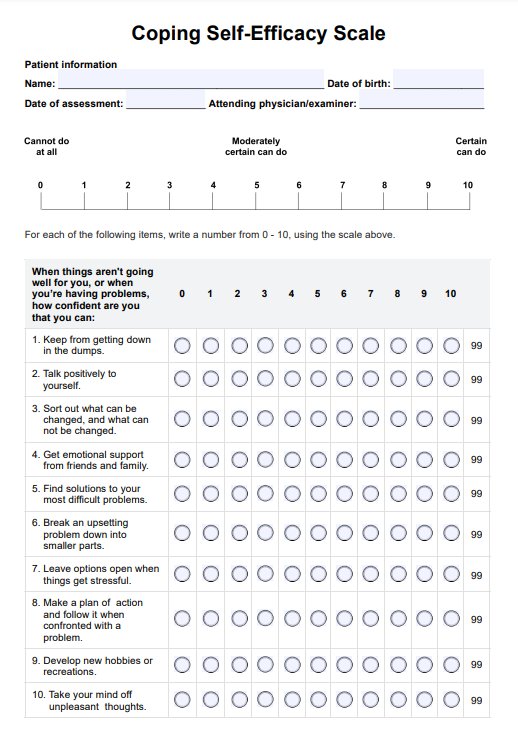
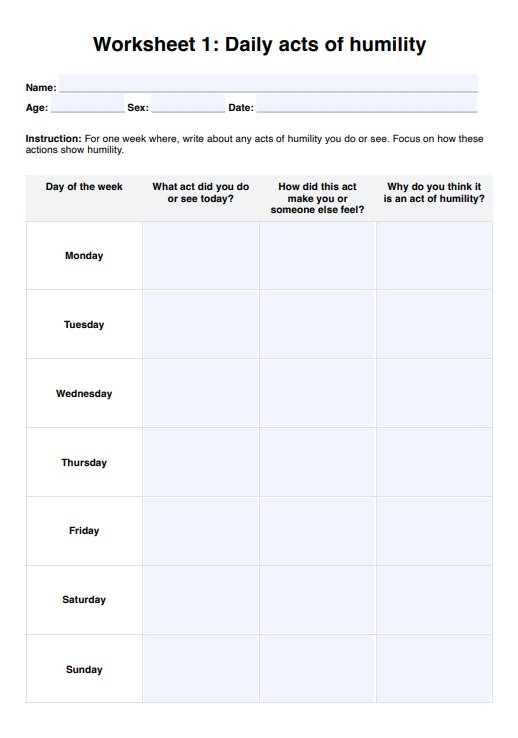









-template.jpg)


